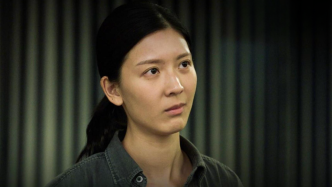
Note: This article contains spoilers
After "Never Stop" and "Hot Search", another film focusing on the news field was released. "Under the Sun" received widespread acclaim and led the Hong Kong Film Awards with 16 nominations. Douban scored 8.2 points, making it one of the few cinema films with a Douban score of over 8 this year.
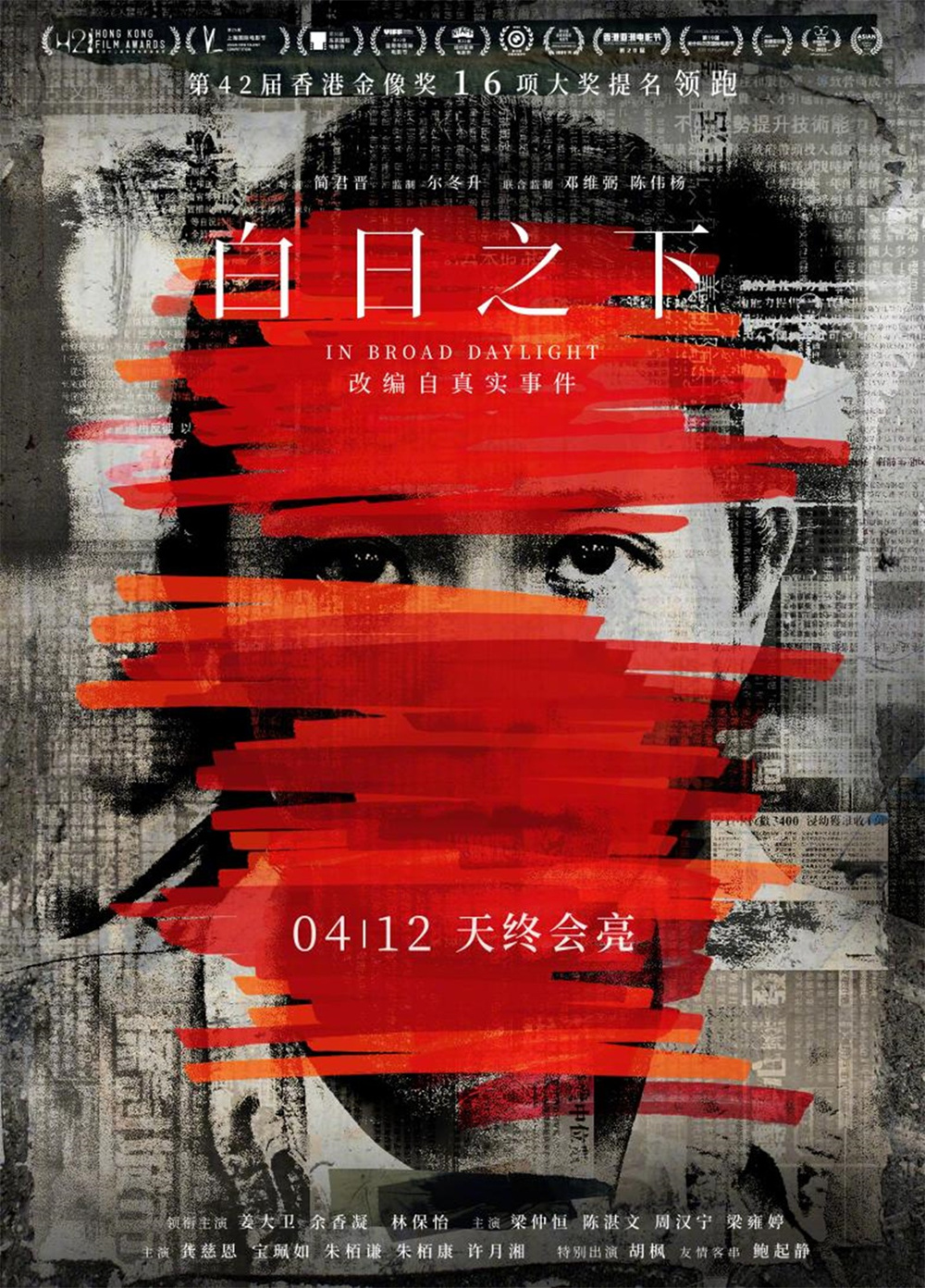
Poster of Under the Sun
The film is produced by Derek Yee, directed by Ken Chien, and stars David Chiang, Sheren Yu, and Bowie Lam. The film tells the story of journalist Ling Xiaoqi (played by Sheren Yu) who intercepts a tip-off about a disabled home (nursing institution) called "Cai Qiao Home" abusing residents. In order to find out the truth, she disguises herself as the granddaughter of a demented elderly man named Tong Bo (played by David Chiang) and sneaks into the home, gradually uncovering the cruel truth under the daylight.
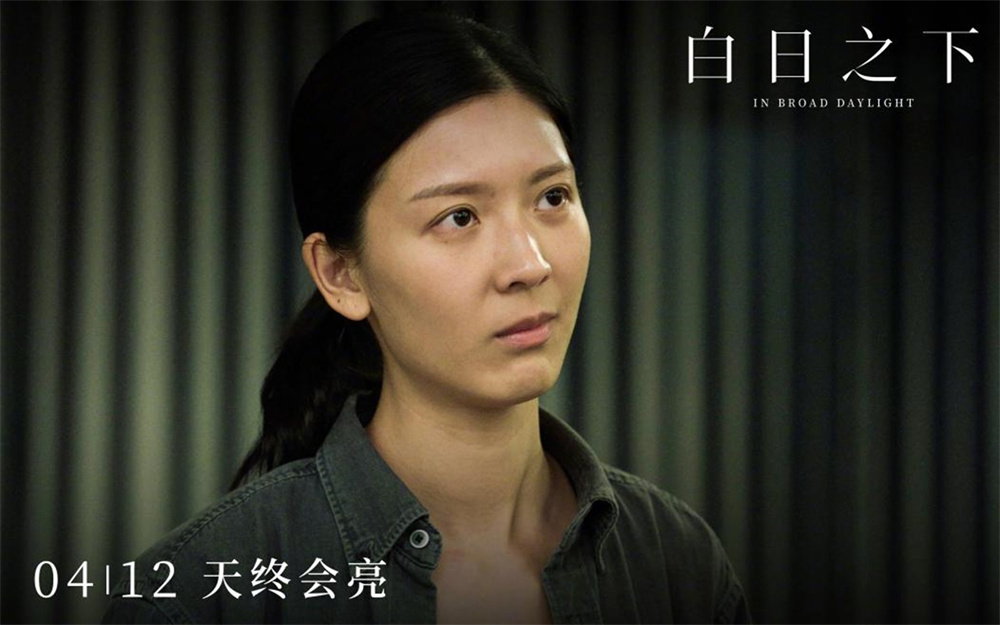
Xiaoqi (played by Yu Xiangning)
The film unfolds the narrative from the perspective of reporter Ling Xiaoqi, and the audience can empathize with her feelings most directly. Throughout the film, her strongest emotion is "powerlessness."
The first level of "powerlessness" is brought about by the profession itself.
Obviously, Xiaoqi, who chose to enter the journalism industry at the beginning, was full of journalistic ideals. Like her new junior Jess (played by Xu Yuexiang), she believed that journalism is a glorious profession that monitors public affairs, exposes injustice, protects citizens' right to know, and safeguards social justice.
But as a veteran reporter, Xiaoqi no longer believes in this. She is somewhat disheartened and looks like a "seasoned veteran". She does not deny that she follows the news to "make a living" and that a "sense of mission" cannot be used to make a living. She also doubts whether there will still be such a profession as reporter in ten years' time.
The impact of new media on print media is global. In Hong Kong, where the media industry is highly developed, this impact will only be more severe. Due to the decrease in advertising revenue and the decline in the number of subscribers, the print media has to cut costs, including reducing the number of reporters and reducing the scope of coverage, which directly affects the work results and career development of reporters. Xiaoqi's A1 News Agency Investigation Team (equivalent to the In-depth Investigation Department) is the first to bear the brunt of the new wave of budget cuts. If Xiaoqi's in-depth report this time is not outstanding, the entire department may be laid off.
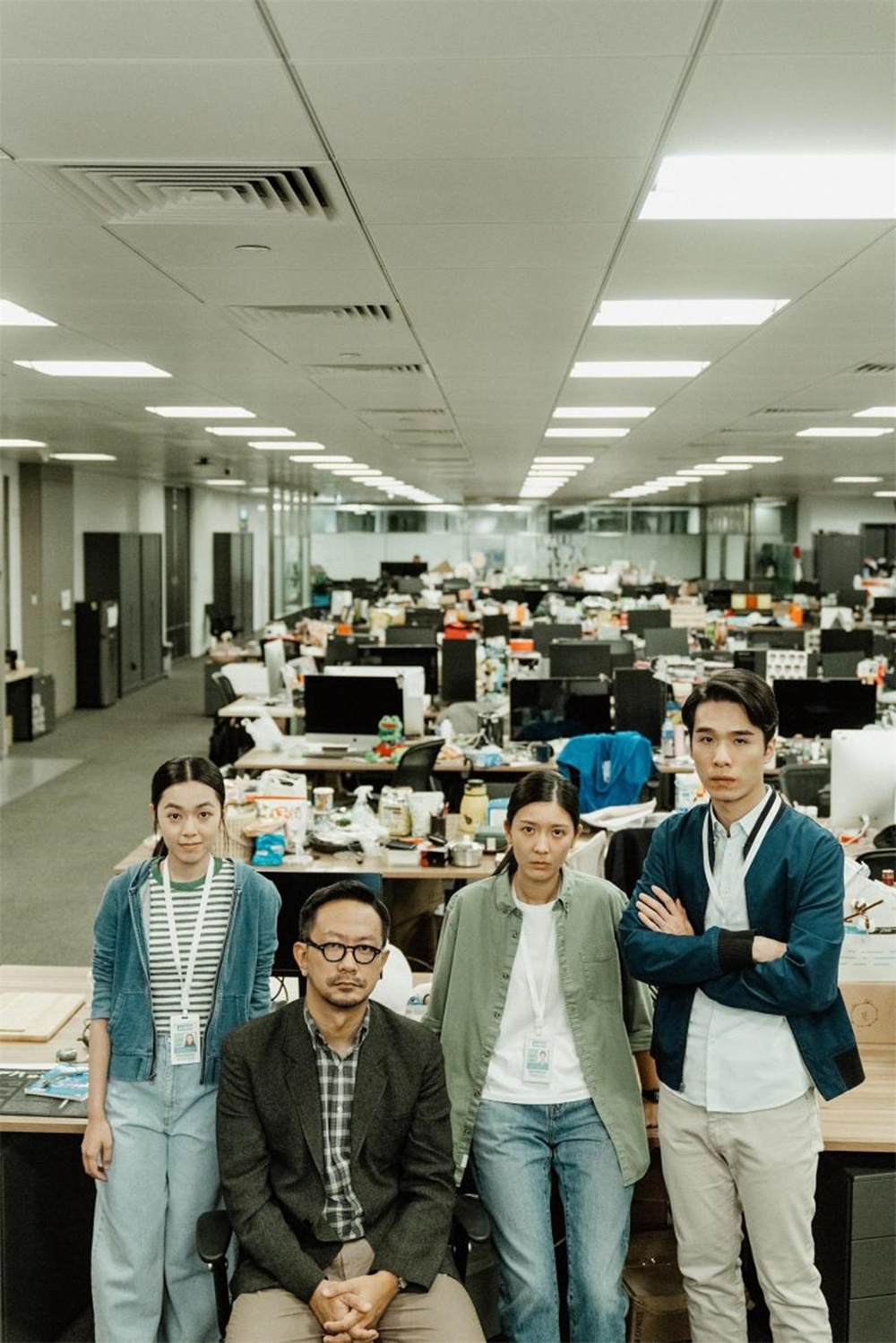
A1 News Agency Investigation Team
Economic pressure is one thing, and the loss of professional achievement is another. In the era of information explosion, fast-consuming news has become the norm. The importance of traditional in-depth reporting is still important, but it is very likely that it will not attract enough attention in the vast amount of information. This makes Xiaoqi, who is committed to in-depth investigations and serious news reporting, feel frustrated. As she said, sometimes she works hard to follow a report, but it doesn't touch her much about reality. The bad guys are still at large, which makes her feel "numb."
However, this "feeling of powerlessness" from her profession is also Xiaoqi's way of relieving stress. She still believes in news. So, even if there are all kinds of unsatisfactory things, she is still in the news industry, still in the investigation team, and still has an instinctive anger towards the dirt in broad daylight... Even if the readers forget the hard-earned reports after reading them, Xiaoqi still believes that readers can remember them for two days.
After receiving the tip-off, Xiaoqi sneaked into the nursing home to investigate. Xiaoqi has always been troubled by her grandfather's suicide in the nursing home, which has deepened her empathy for the vulnerable groups in the nursing home. For example, she would speak out when she felt wronged, and she rushed over to give everyone extra meals on the winter solstice.
After learning about the living conditions of everyone in the orphanage, Xiaoqi felt the second level of "powerlessness" - the powerlessness that comes from reality.
The film focuses on the tragedies caused by poor supervision in private nursing homes in Hong Kong. The cases in the film are all adapted from real events in Hong Kong, including the incident in 2015 where the elderly were stripped naked for an open-air shower, the suspected abuse and long-term bondage incident in the nursing home in 2016, the case in 2016 where the former director of Kangqiao Home was suspected of having illegal sexual intercourse with a mentally disabled woman but was cleared of charges, and the mysterious death of six residents in Kangqiao Home within eight months in 2016... In the film, these scenes are replayed through Xiaoqi's eyes and lens.
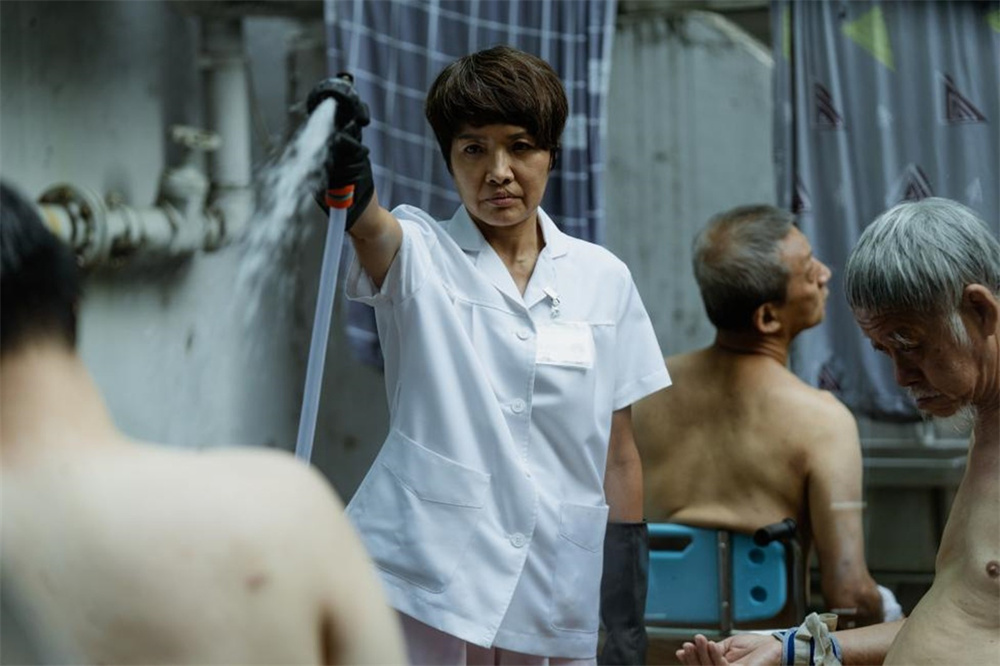
Elderly people were stripped naked and showered in the open air
It is easy for viewers to ask: Why aren't the inmates sent to public institutions? Why aren't these private institutions abusing the inmates closed down? Is there no other way except sending the inmates to institutions?
All of these point to deficiencies and loopholes in the system. On the one hand, the government-established elderly care service institutions and nursing staff are in short supply. In Hong Kong, people with disabilities generally have to wait in line for 15 years to get a public bed, and the government outsources part of the responsibility to private institutions. Private institutions also have insufficient resources - for example, there are more than 80 residents in the Caiqiao Home in the movie, but only two people are responsible for management and care. Even though these institutions have repeatedly violated regulations, the relevant departments have only issued warnings instead of directly shutting them down, otherwise the residents would have nowhere to go.
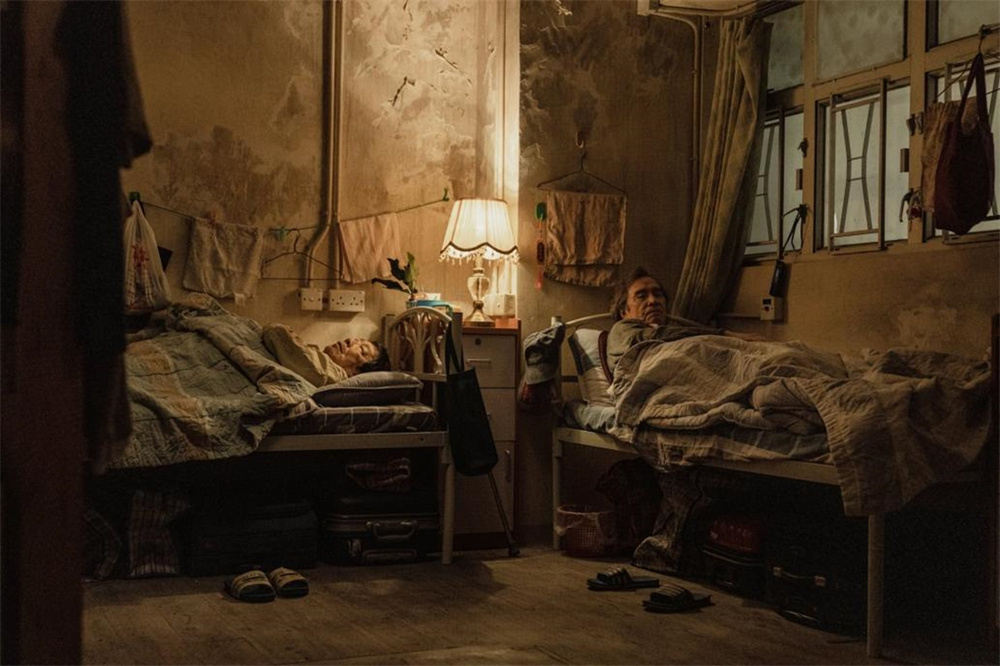
The environment of private homes is not good, but at least they can provide shelter from the wind and rain.
On the other hand, what if the care is done at home? The same sentence appears in different occasions in the movie: "When people get old, they become a burden." Caring for disabled elderly people or people with disabilities requires not only financial investment, but also a lot of time and energy. Family members need to sacrifice their work and personal lives to provide round-the-clock care, which poses a challenge to their quality of life, career development and even mental state. Some time ago, "When a Peking University professor becomes a 24-hour caregiver" was popular on the Internet. This dilemma has become a common problem in an aging society. Hong Kong has to face it, and so do we.
The third layer of "powerlessness" in the movie comes from the "futility" of Xiaoqi's efforts.
Through the joint efforts of all members of the investigation team, Xiaoqi uncovered the dark side of Caiqiao Home and the bestial side beneath the mask of honesty and sincerity of the director Zhang Jianhua (played by Bowie Lam) - he sexually assaulted a mentally disabled girl... Although Xiaoqi's report caused a sensation, the charges against Zhang Jianhua for sexual assault were dropped by the Department of Justice due to insufficient evidence. Although Caiqiao Home was eventually closed down, Xiaoqi was criticized by thousands of people.
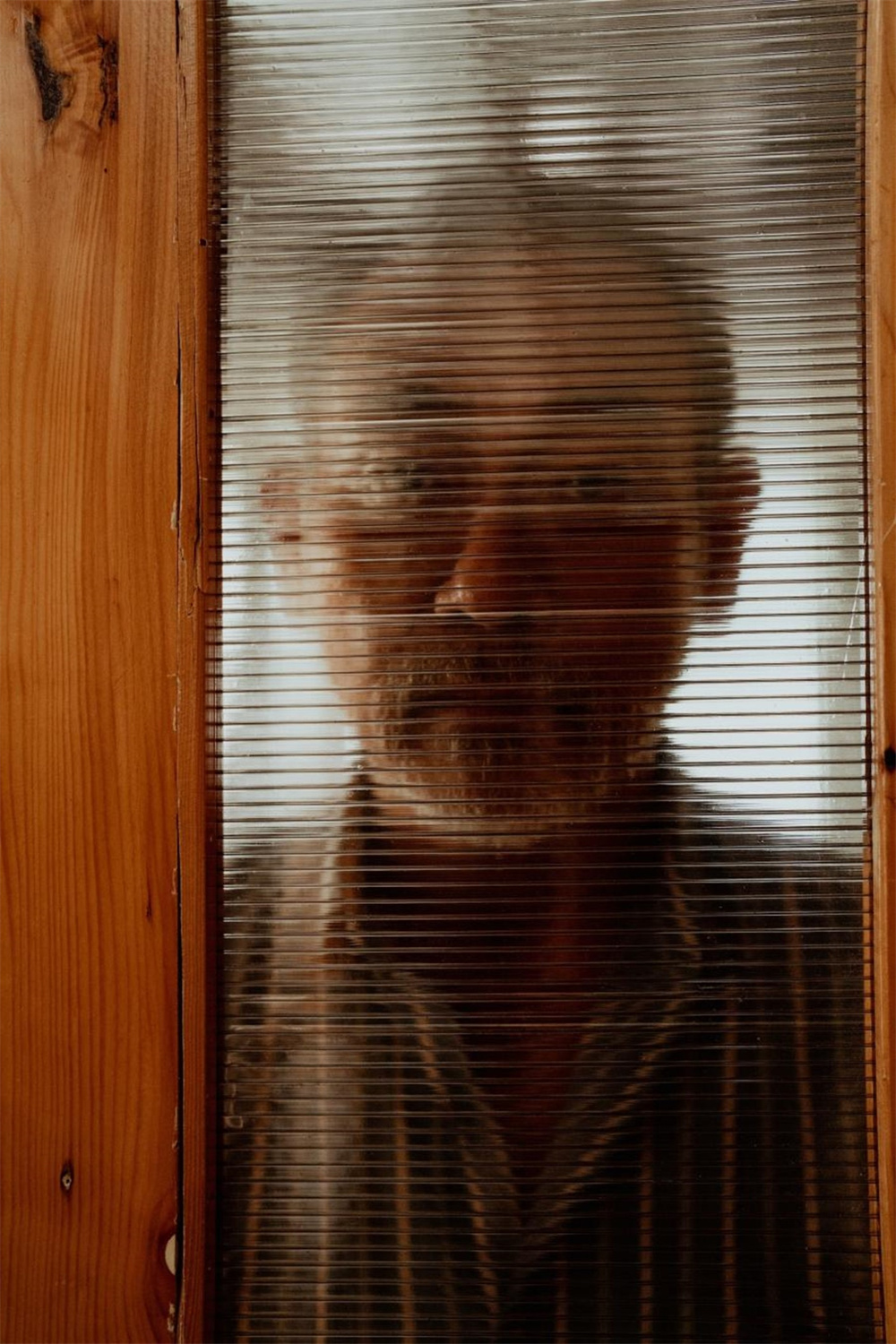
The terrifying Zhang Jianhua (played by Lam Pou-yee)
This is the anti-climax of the movie: the rain is falling, Xiaoqi walks through the crowd, and the residents and their families gather on both sides. Caiqiao Home is closed and they are waiting to be transferred to other places. The accusatory words are like sharp arrows, ruthlessly piercing Xiaoqi's lonely figure. Her passion and vision seem so powerless at this moment, unable to resist the surging misunderstandings and attacks.
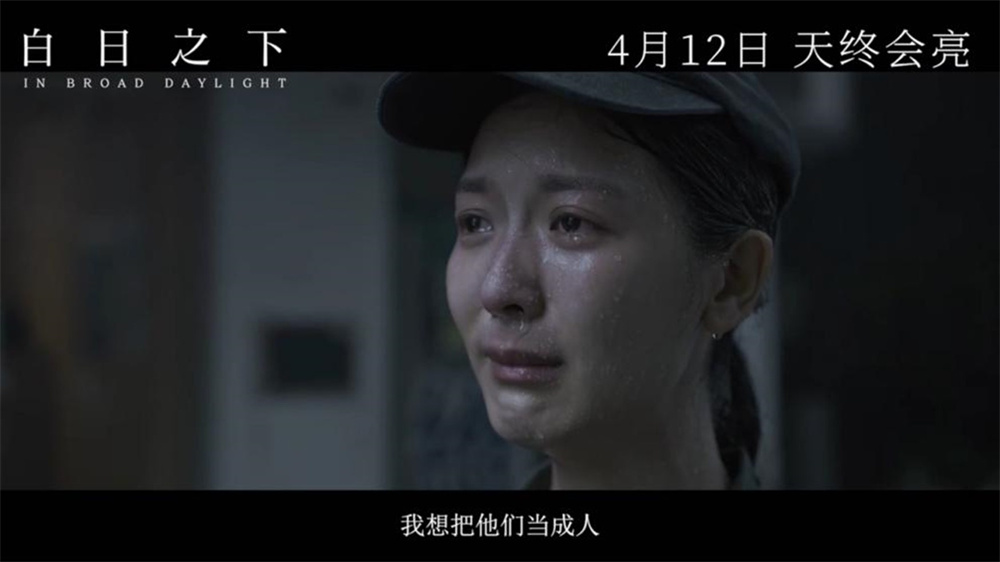
The Misunderstood Xiaoqi
This is perhaps the saddest and most powerless part for journalists like Xiaoqi. This is not to say that the news is wrong, nor that the journalists are negligent, but that there is almost always a huge gap between the justice advocated by the news reports and the justice achieved in reality.
Although news reports can reveal problems and arouse public attention, they cannot guarantee that these problems will be solved or bring about substantial changes, or that they will be solved "once and for all" or "cured immediately". Many social problems are complex systemic problems, affected by multiple factors. News reports can reveal phenomena, but it is difficult to change the operating rules of the entire system alone.
From the audience's perspective, news reports can only arouse our awareness and emotional resonance, but turning awareness into actual action requires more social mobilization, policy support, and individual efforts. Many of us are indeed "passionate" about hot topics. Once the anger is over, we don't seem to pay much attention to the development of the situation, and naturally there is no change.
At this point, it is possible that the situation in the movie will occur: justice seems to have arrived, but it has not arrived completely. Justice has helped people, but it has not helped them completely. The Caiqiao Home, which abused the residents, has been closed, but these residents are indeed facing the dilemma of having nowhere to go. Although the situation in the institution is very bad, at least there is a bed and a place to shelter from the wind and rain, so they will not end up on the streets. The increase in public institutions is not a matter of one day or one night. The long-term lack of supervision of private institutions makes it difficult to guarantee that the ecology of the entire care system will improve substantially.
The journalists were clearly performing their duties, clearly acting out of public interest, and clearly trying to safeguard social justice, but in the end they were isolated and helpless, without any understanding or support.
Is the film about compromising with all kinds of "powerlessness"? No. Xiaoqi walked through the accusations of the crowd and walked towards Tongbo. Tongbo, who "pretended to be stupid" in the hospital, was actually a wise man who saw things more clearly than anyone else. He comforted Xiaoqi: "Don't feel guilty for doing the right thing." Every word was of great significance, which not only saved Xiaoqi's injured heart, but also brought great comfort to thousands of journalist colleagues outside the screen.
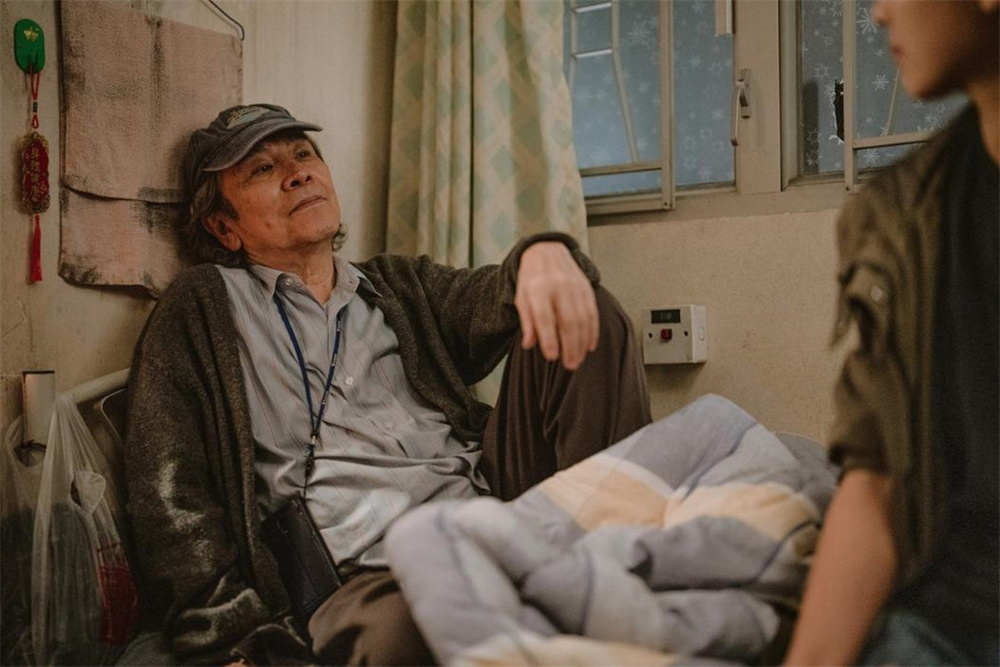
Tong Bo (David Chiang) is a man who pretends to be crazy but is not stupid.
Journalists pursue justice in their reporting, but due to the constraints of various complex factors, the justice that can be achieved in reality is discounted. Journalists may therefore incur pressure and counterattacks from all sides and be deeply troubled by a sense of powerlessness. "Don't feel guilty for doing the right thing" reminds journalist friends that when their reports are based on conscience, principles and considerations of the public interest, they should not feel guilty about it even if it may cause dissatisfaction or criticism from some people.
Excellent journalists always have a firm belief in justice. Even in the face of difficulties and setbacks, they will do the "right thing" without hesitation. Although doing the right thing will not produce the best results immediately, every "right" report is a step closer to justice. Every effort may push everyone to jointly seek, build and maintain a more just and fair society. Just like the line in the movie said, "Maybe we have tried 1,000 times and it didn't work, but maybe this time it will change." This indomitable spirit precisely reflects the valuable qualities of journalists and is precisely the value of news.
"Under the White Sun" lays out various levels of "powerlessness", but it ultimately points to the widely circulated saying in the news industry, "give strength to the powerless and let the pessimists move forward". Xiaoqi's report, together with the movie "Under the White Sun", "may not solve the problem, but at least it can raise questions to the world". It may not win perfect justice in one step, but at least it is a step forward. Not long ago, the prototype of the dean who sexually assaulted the director in the movie was punished by law.
Don’t feel guilty about doing the right thing, just do it.


